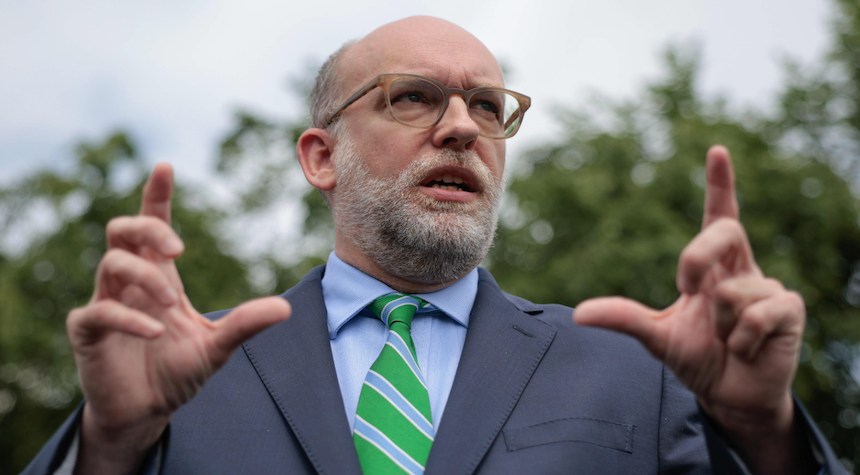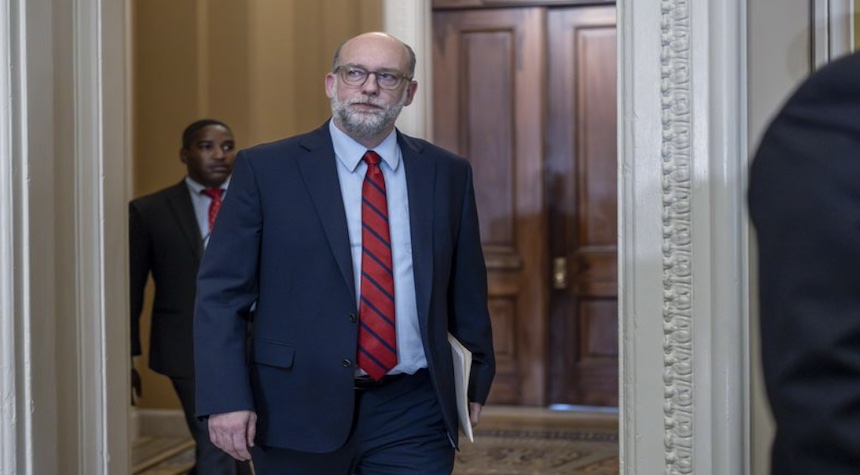The Office of Management and Budget Director, Russell Vought, has revealed plans to conduct a thorough inspection of the Federal Reserve Headquarters. This follows substantial concerns regarding a controversial $2.5 billion renovation project, which has gone significantly over budget.
Vought expressed his concerns not only about the Federal Reserve’s interest rate policy under Fed Chair Jerome Powell, but also about the cost overruns of the renovation project. He stated his intention to conduct a site visit in collaboration with new members of the National Capital Planning Commission.
The renovation costs, which are now $700 million over budget, include elements such as rooftop terrace gardens, VIP dining rooms and elevators, water features, and premium marble. Amidst assertions of fiscal irresponsibility, Powell denied that any of the luxurious additions were part of the project in his June 25 testimony before the Senate Banking Committee.

The formal letter sent to Powell by the OMB last week accused him of having ‘grossly mismanaged the Fed’. In the letter, Vought expressed President Trump’s dissatisfaction with Powell’s handling of the Federal Reserve System and his continuation of the lavish renovations at the Washington, D.C. headquarters.
The Trump administration has been at odds with Powell for months over his refusal to lower interest rates, leading to speculation that President Trump might use the renovation debacle as a reason to dismiss Powell. However, the Federal Reserve has defended itself, denying any wrongdoing and asserting that the White House lacks any legal authority over its facilities.
Peter Wallison, a constitutional scholar and senior fellow at the American Enterprise Institute, has stated that overspending on a renovation is not a valid reason for dismissal. In his words, ‘An error of this kind would not be grounds for removal. If it were, then the Fed chair could be removed for bad economic results, which would be tumultuous.’
Although questions remain unanswered, this situation underscores the importance of fiscal responsibility and the public’s right to know how their money is being spent. It raises important questions about the balance of power between the Federal Reserve and the government, and the implications for future management of public funds.

